Related Research Articles

Robert Robert Livingston, also called The Judge, was a prominent colonial American politician, and a leading Whig in New York in the years leading up to the American Revolution.

John Henry Livingston was an American Dutch Reformed minister and member of the Livingston family, who served as the fourth President of Queen's College, from 1810 until his death in 1825.
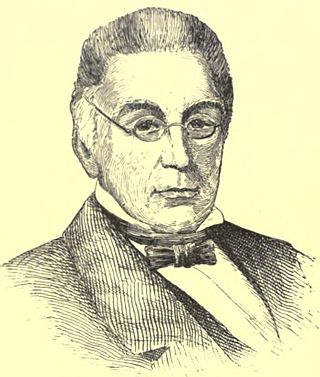
Thomas Jackson Oakley was a New York attorney, politician, and judge. He served as a United States representative from 1813 to 1815, and from 1827 to 1828, and as New York State Attorney General from 1819 to 1821.

Jonas Platt was an American lawyer and politician from New York. He was a member of the United States House of Representatives.

The Livingston family of New York is a prominent family that migrated from Scotland to the Dutch Republic, and then to the Province of New York in the 17th century. Descended from the 4th Lord Livingston, its members included signers of the United States Declaration of Independence and the United States Constitution. Several members were Lords of Livingston Manor and Clermont Manor, located along the Hudson River in 18th-century eastern New York.
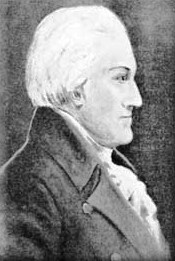
Henry Beekman Livingston Jr. has been proposed as being the uncredited author of the poem A Visit from St. Nicholas, more popularly known as The Night Before Christmas. Credit for the poem was taken in 1837 by Clement Clarke Moore, a Bible scholar in New York City, nine years after Livingston's death. It was not until a further twenty years had passed that the Livingston family knew of Moore's claim, and it was not until 1900 that they went public with their own claim. Since then, the question has been repeatedly raised and argued by experts on both sides.
James Hooker was an American lawyer and politician from New York.
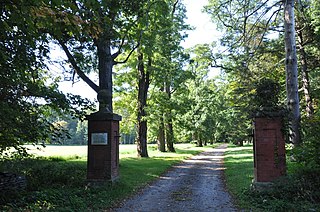
Grasmere is a national historic district and estate located at Rhinebeck, Dutchess County, New York. It was built by Janet Livingston Montgomery, widow of General Richard Montgomery.
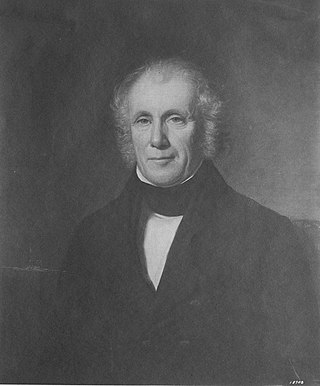
Maturin Livingston, a member of the prominent Livingston family, was an American lawyer and politician from New York.
Robert James Livingston, a member of the Livingston family, was a prominent businessman from New York.
Henry Beekman Livingston Jr. was an American banker, sportsman, and clubman who was prominent in New York society during the Gilded Age.
Morgan Lewis Livingston, was an American heir and member of the prominent Livingston family from New York.
Henry Beekman was a prominent colonial American politician and landowner.
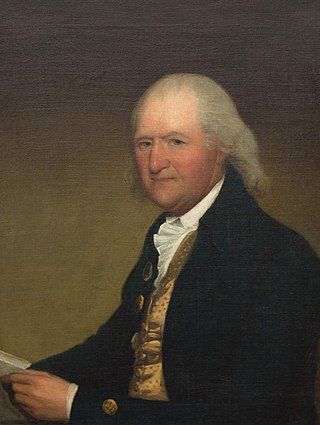
Petrus "Peter" Stuyvesant was a New York landowner and merchant who was a great-grandson of his namesake, Peter Stuyvesant, the last Dutch Director-General of New Amsterdam.

Nicholas William Stuyvesant was a New York landowner and merchant who was a great-great-grandson of Peter Stuyvesant, the last Dutch Director-General of New Amsterdam.
Lt.-Col. Hubertus "Gilbert" Livingston was a younger son of Robert Livingston the Elder who was a lawyer and politician in colonial New York.
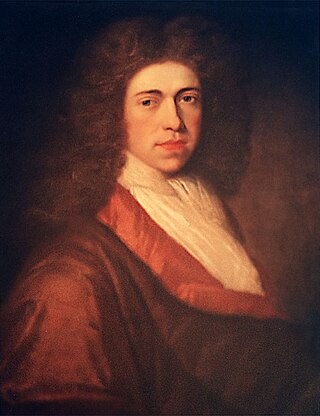
Col. Hendrick "Henry" Beekman JP, was a colonial American judge and politician.
Gilbert Livingston Beeckman was an American merchant who was the father of Rhode Island Governor Robert Livingston Beeckman.

Maj. Robert Gilbert Livingston was an American merchant and a Loyalist during the American Revolutionary War.
Henry Gilbert Livingston was an American doctor and politician from New York state.
References
Notes
- 1 2 3 Hough, Franklin Benjamin (1858). The New York Civil List: containing the names and origin of the civil divisions, and the names and dates of election or appointment of the principal state and county officers from the Revolution to the present time. Weed, Parsons and Co. pp. 131ff, 143, 205, 288. Retrieved 17 January 2018.
- 1 2 3 Coster, Morris (1886). New Amsterdam Gazette. Morris Coster. p. 6. Retrieved 7 July 2018.
- 1 2 3 4 Livingston, Edwin Brockholst (1910). The Livingstons of Livingston Manor: Being the History of that Branch of the Scottish House of Callendar which Settled in the English Province of New York During the Reign of Charles the Second; and Also Including an Account of Robert Livingston of Albany, "The Nephew," a Settler in the Same Province and His Principal Descendants. Knickerbocker Press. Retrieved 10 August 2017.
- ↑ The American Quarterly Register. Perkins & Marvin. 1839. pp. 217–218. Retrieved 7 July 2018.
- 1 2 3 4 5 6 Aitken, William Benford (1912). Distinguished Families in America, Descended from Wilhelmus Beekman and Jan Thomasse Van Dyke. Knickerbocker Press. pp. 16–17. Retrieved 7 July 2018.
- ↑ Davis, Howland; Clermont, Friends of (1995). A Livingston Genealogical Register. Kinship. ISBN 9781560121367 . Retrieved 7 July 2018.
- ↑ Genealogical Record. Saint Nicholas Society of the City of New York. 1916. p. 14. Retrieved 7 July 2018.
Sources
- Death notice in The American Quarterly Register and Magazine publ. by James Stryker (Philadelphia, 1849; Vol. II, No. II, pg. 505)
- The Pictorial Field-Book of the Revolution by Benson J. Lossing (New York City, 1855; Vol. 1, pg. 383f)
- Livingston family tree